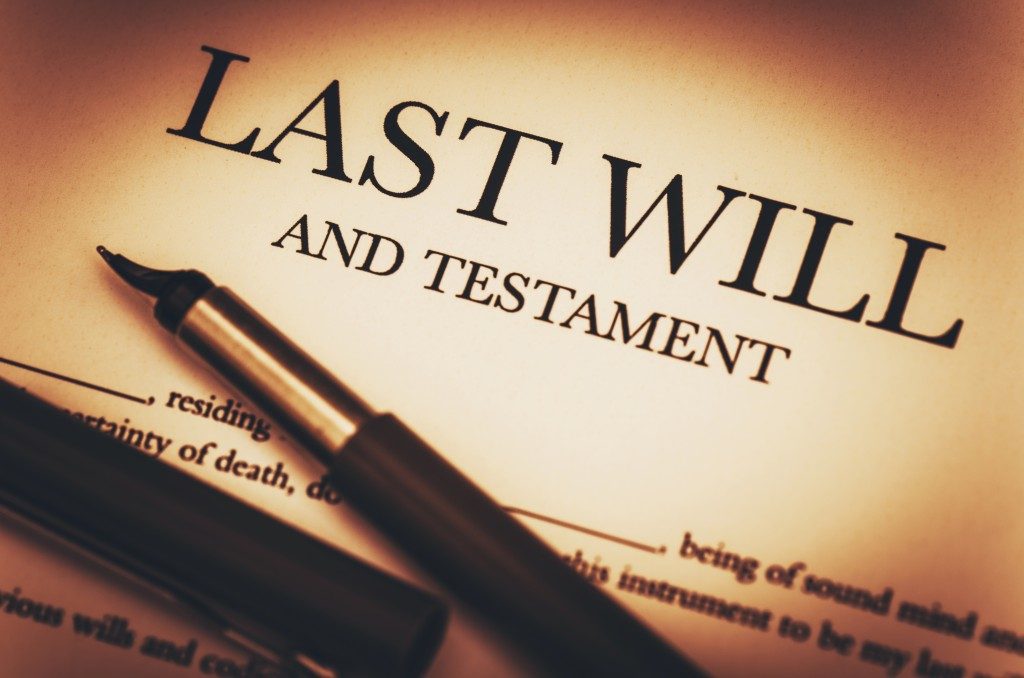
A Last Will and Testament is a legal document that allows you to state what happens to your property after you die. This document is usually written before you die and signed by you and your attorney. It states who gets your property and where it goes. It also states who gets any debts owed to you.
It is a good idea to create a last will and testament in Florida beforehand, much before you feel that your final call has come. This can ensure that you are able to take decisions in a clear head, with all your mental faculties still intact, and having the ability to distribute your assets properly between all those people matter in your life.
Top Questions to Consider While Writing a Last Will and Testament
When writing your last will and testament, you should consider the following:
a. Who gets your property? Do you want your spouse to inherit everything? Or would you rather leave some of your property to your children?
b. Where does your property go? Do you want your home to go to your son or daughter? Or maybe you’d prefer to give your house to your grandchildren.
c. Are you leaving anything else to anyone else? Maybe you’d like to leave something to your church or charity.
d. How much money do you want to leave to someone? Is it enough to pay off their debt? Or perhaps you’d like to leave them a large sum of money. This should be mentioned in your last will and testament form.
e. Do you want to name someone executor of your estate? An executor is responsible for managing your affairs while you are gone. They are usually paid a fee for this service.
f. Do you want to change your will at any time? For example, if you decide to move to another city, you may want to update your will to reflect this new address.

It is important to remember that if you create a new Last Will and Testament, you have to cancel the previous one and obliterate it, so as to prevent any confusion at a later point of time.
Last Will & Testament versus Power of Attorney and Trusts
People often tend to confuse between Trusts, Power of Attorney and Last Will & Testament.
A last will and testament is a legal document written by a person before they die. This document states what happens after the person dies and their assets are distributed among their beneficiaries. A last will and testament is usually prepared by a lawyer and signed by the testator.
On the other hand, a Power of attorney is a legal document that allows someone to act on behalf of another person. The authority granted under this document may vary from state to state. However, generally speaking, the holder of the power of attorney is authorized to take certain actions on behalf of the principal.
Trusts are legal documents used to hold property while someone else manages it. They are often used to protect family members from being sued for debts incurred by the deceased.







